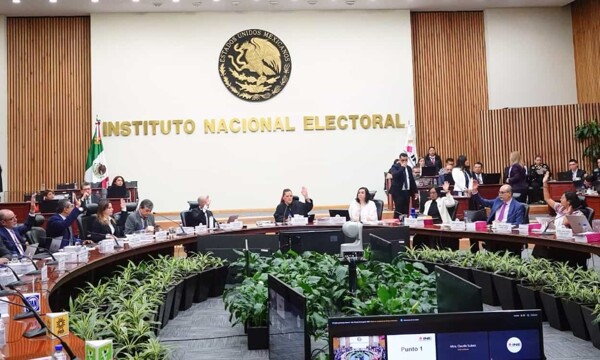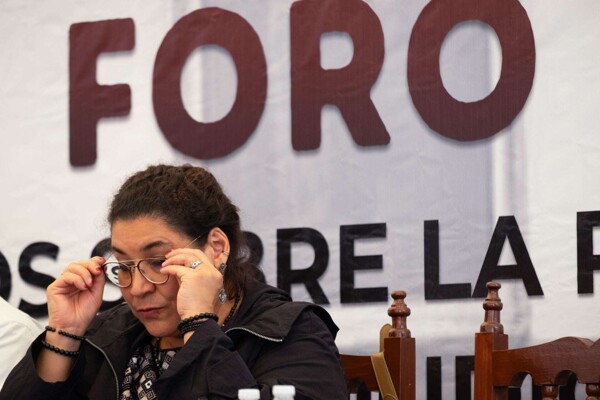
The International Monetary Fund (IMF) has raised its economic growth forecast for the United States by half a percentage point, predicting a growth of 2.5 percent for this year. On the other hand, the IMF has lowered its growth forecast for Mexico by 1.5 percentage points, placing it at 1.3 percent.
Amid this situation, the political landscape in countries like Bolivia and Mexico has generated controversy. The intention of Evo Morales and Luis Arce to control the courts amid uncertainty over the candidacy of the ruling party has raised concerns about possible military-led coup attempts.
In the judicial sphere, the brave decision of Judge Nancy Juárez in Coatzacoalcos has been mentioned, who ordered the suppression of the publication of a judicial reform. On the other hand, the independence of the Judiciary and political influence in the selection of judges have been questioned, as highlighted in the case of Bolivia.
Isaac Katz Burstin, a professor at ITAM, in his book "The Constitution and the Economic Development of Mexico," emphasizes the importance of an independent Judiciary for sustained economic growth. He has stressed the need to guarantee property rights and the enforcement of contracts as fundamental requirements for economic development.
In the international landscape, countries like Brazil are projected to grow at 3.5 percent, while Mexico faces challenges such as low economic growth and government decisions that could negatively impact the economy. It is suggested that the political and judicial situation in Mexico may affect the investment climate and, consequently, the economic growth of the country.
In the current context, divergent positions on the role of the Judiciary, the independence of institutions, and their impact on economic development are evident. The political and judicial uncertainty in Mexico and other countries in the region poses challenges that could influence the economic outlook in the short and medium term.














